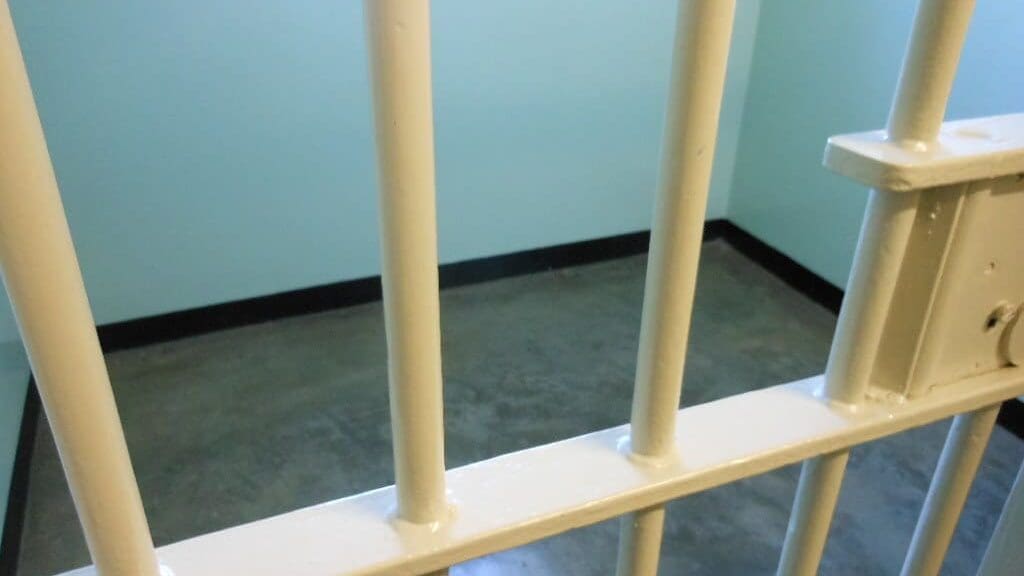
Photo by Michael Coghlan, CC BY-SA 2.0.
Public confidence in Britain’s criminal justice system has been rocked by an avoidable combination of pressures caused by baffling political decisions.
First, the early release programme announced by Justice Secretary Shabana Mahmood last month to reduce overcrowding has commenced early, cutting short the jail terms of its beneficiaries.
Second, magistrates were instructed on Friday August 23, to stop jailing offenders, in order to ease the ‘prisons crisis’.
Third, the official impulse towards leniency on crime in general has coincided with fast-track jailings of those who took part in riots after a lethal knife attack on three little girls in English coastal town Southport—and the jailing of others for related social media activity.
The Times reported that the UK court of appeal’s Lord Justice Nicholas Green issued a “listing direction” to magistrates’ courts managers in England and Wales. It calls for offenders on bail and facing jail to have their sentencing hearings postponed until September 10 at the earliest. Green wants a “carefully conducted exercise” where:
Every case must be considered individually, and decisions must be made upon the basis of the interests of justice.
In practice, this will mean many remain in police detention prior to being handed over to the prison system. Yet to the wider public, this suggests serious offenders being let out onto the streets—where they are likely to reoffend—in an effort to clear (and then refill) 5,500 prison spaces by the end of the year.
As Britain gears up for the August bank holiday weekend, the warped-looking priorities of the newly elected Labour government under former Director of Public Prosecutions Sir Keir Starmer coincide with growing public concern about violent crime. The news that 2,000 prisoners will be released early in September—not because they are rehabilitated, but to free up their beds—is unlikely to reassure anyone.
Some of those now held on bail or in police custody cells may well fill the newly empty spaces in prisons next month, but there is considerable unease about what could happen in the weeks ahead, should potentially dangerous men be left unsupervised. They’ll be joined by up to 1,700 more newly released prisoners on October 22, due to be let out with just 40% of their sentences served. Overall the government is locked in its own self-imposed technocratic search to free up space, while saving convicts from doing the time to match the crime.
Labour blames the situation on its Conservative predecessors, whose legacy includes a decaying Victorian prison estate. This is not strictly true: for instance, £286 million (€337m) was spent constructing the new HMP Fosse Way, a Category C prison with a planned capacity of 1,930 males that opened last year on May 29. Three men there are already facing a murder trial following the killing of a fellow inmate who, like all English and Welsh prisoners, was under the UK Home Secretary’s ‘duty of care’.
Government conduct to date suggests it is combining indifference towards crime and punishment in general with a vengeful approach to those connected to August’s riots. One early symptom of this is Rees Newman, 33, who was given a suspended sentence last December for the 2005 rape of a girl under the age of 14. Wehn Newman subsequently breached the terms of his non-custodial sentence, he avoided prison again because of the bigger picture in British jails.
“Child rapist is spared jail due to the prison overcrowding crisis,” barked the Daily Mail. This isn’t some tabloid clickbait panic-mongering: letting out rapists to lock up social media miscreants is precisely what voters are afraid is happening under ‘Two-tier Keir’ Starmer.
